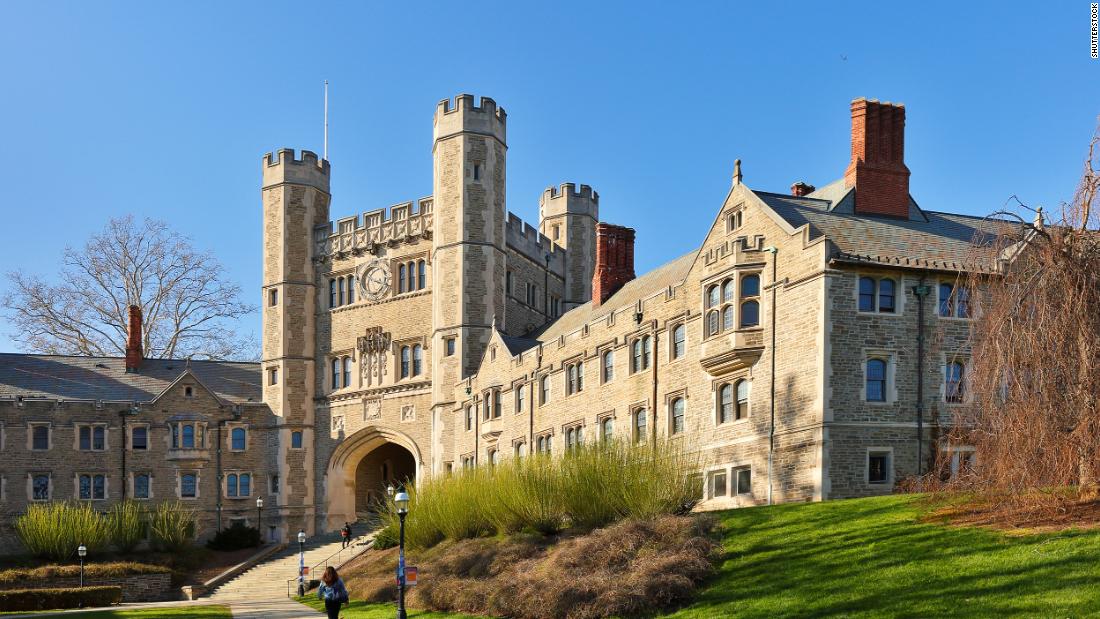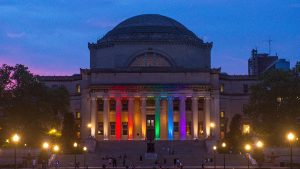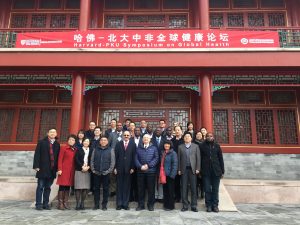Princeton University is a private Ivy League research university located in Princeton, New Jersey. Founded in Elizabeth in 1746 as the College of New Jersey, Princeton is the fourth-oldest institution of higher education in the United States. Founded by Dutch settlers, the school was one of nine colonial colleges chartered before the American Revolution. Today, it offers undergraduate and graduate degrees. Read on to learn more about the history of Princeton and what it has to offer.
The university is located on a 600-acre campus 50 miles southwest of New York City. The campus features both classical and modern architecture, including Gothic and Georgian styles, as well as contemporary buildings by Robert Venturi and I.M. Pei. While Princeton does not have a formal admissions process, admission is competitive and there are no application fees. There are also a variety of financial aid programs for students. If you are looking for a great place to further your education, Princeton is the right place for you.
The campus of Princeton University is beautiful and the academic facilities are world-class. Its library contains over six million books, 6.3 million microforms, and 36,000 linear feet of manuscripts. The University is affiliated with the Brookhaven National Laboratories, and aspires to attain the highest levels of distinction in the transmission of knowledge. Research at Princeton is focused on plasma physics, jet propulsion, and the science and engineering of flight.
The History of Princeton University
The University has a tradition of nude Olympics for freshmen, which has since been stopped. This is a relic of a tradition that started at the university. In addition to the nude Olympics, the campus is known for its prestigious faculty. Many current and former students in government and business have won Nobel prizes, including two U.S. presidents. Some of the notable alumni include Arthur McDonald, David Gross, and Richard Feynman, among many others.
Currently, the University’s six residential colleges are located on campus. These colleges offer academic advising and various study options for students. Residence halls are excellent places to build relationships and develop a sense of community. The campus also offers over 300 student organizations, 44 international locations for study, and a vibrant campus. In addition to these, Princeton has a strong emphasis on diversity. The history of the University’s race relations is very rich in the history of the town, and its racial heritage is visible.
The university is located in the quiet suburb of Princeton, New Jersey. The university’s residential colleges offer academic programs, academic advising, and community services. The residential colleges make it easy for students to adapt to life at the university and develop a strong sense of community. Moreover, the campus is home to more than 8,000 students, including a few international students. Consequently, there is a rich diversity of perspectives, and a wide range of interests.
The Princeton campus is a picturesque place, with four seasons. It experiences a colorful fall and a cold, snowy winter. The campus buildings are modern, and are equipped with the latest technologies and amenities. The students stay in many residential colleges, with a common dining hall and comfortable common areas. There is a thriving international community at the university, which makes it an especially diverse place to study. Aside from that, Princeton is a great choice for anyone.
Unlike many peer colleges, the admissions process at Princeton is more academic. In addition to submitting a graded paper to the admissions committee, students must also complete a number of activities on campus. The university also encourages students to participate in research projects, which is a good topic for a supplemental essay. However, the university’s main campus is still a city of diversity. The school has a rich tradition of integrating cultures, and has a diverse student body.
The campus is beautiful and peaceful. The campus is home to many buildings and academic programs. Besides buildings, students can enjoy the four seasons of the Princeton campus. Throughout the campus, there are several beautiful parks and other scenic spots to enjoy. The weather on the campus is mild and comfortable all year long, so it is ideal for outdoor activities and outdoor recreation. As a matter of fact, it is a very green place to live and study.



